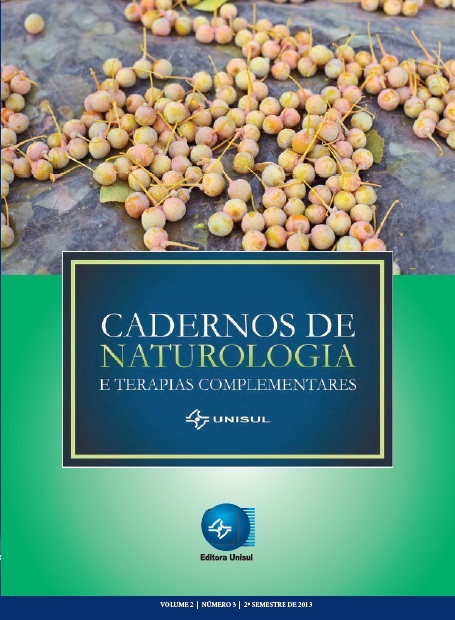Evaluation of the risk for diabetes through the analysis of iris: a possibility
DOI:
https://doi.org/10.19177/cntc.v2e3201321-27Keywords:
Diabetes Mellitus (prevention), Iridology, Nursing, Integrative MedicineAbstract
The method to identify early the predisposition for Diabetes mellitus should be investigated, since the disease is a public health problem. Scholars of iridology claim that the Sign of Pancreas and the Cross of Andreas suggest predisposition to diabetes. Objectives: To determine the prevalence of the Sign of Pancreas and the Cross of Andreas in subjects with and without the disease and the correlation with the rate of glucose. Methods: Data collection occurred between February 2010 and June 2011. Participants 410 individuals older than 30 years treated at the Health Center School. Results: Individuals with diabetes had a higher prevalence of signs studied iridology. The Student t test showed statistically significant differences in the prevalence of these signs between patients with and without diabetes and among individuals with and without family history of the disease. The Pearson Correlation Coefficient shows the correlation of iridology signs studied and blood glucose alteration. Conclusion: We conclude that these signs suggest a predisposition to diabetes.Downloads
Published
2013-12-06
Issue
Section
Original Articles


